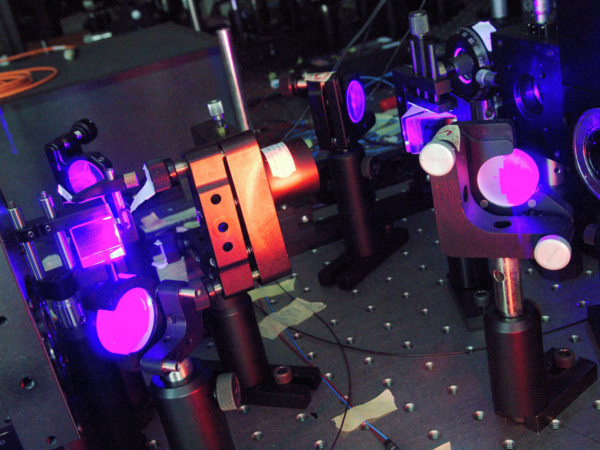Physicists from the Joint Laboratory of Optics have confirmed a new law of quantum physics

Scientists from the Joint Laboratory of Optics have become the first in the world to experimentally confirm a link between the uncertainty of a quantum state and quantum entanglement — a connection theoretically predicted by physicists from Japan and Taiwan. The results of their scientific work, published in a prestigious journal by Springer Nature, offer a completely new perspective on previously unknown relationships governing the functioning of nature at the quantum level.
"In quantum physics, very peculiar rules apply — for example, measurement affects the measured state, or the result of a measurement can be random. We can never know in advance how a measurement will turn out. On the other hand, we do know that there is a phenomenon crucial for many applications in quantum physics, and that is quantum entanglement. What we managed to do was to identify a significant relationship between the uncertainty involved in quantum measurement and quantum entanglement. We literally found an equation — or rather an inequality — that describes a connection between these two fundamental concepts in quantum physics," said Karel Lemr from the Joint Laboratory of Optics.
In the Olomouc laboratory, an experiment was conducted in which the local physicists prepared special quantum-entangled states of light. Using photon pairs, they created states on which measurements were then performed. The results confirmed the validity of the theoretically predicted inequality.
"We have discovered and confirmed a new law of quantum physics. We succeeded in experimentally verifying a theoretical connection, which is a significant step forward in fundamental research. It helps us better understand how the world around us works at the quantum level," added Antonín Černoch, who collaborated on the experiment.
Original text by: Šárka Chovancová



